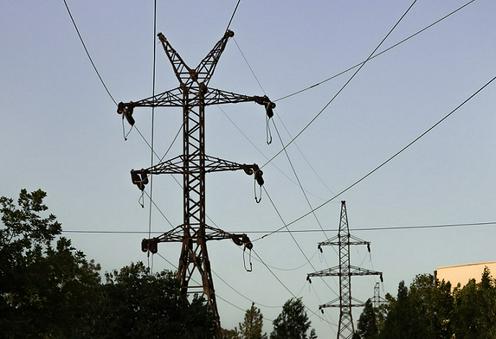Due to population growth and active construction in Tashkent, the city’s power supply system is undergoing continuous modernization, including repairs of substations and transformers. With the autumn-winter season approaching, President of Uzbekistan Shavkat Mirziyoyev has instructed responsible officials to complete all works planned for this year by November 1, according to the presidential press service.
At a meeting on the capital’s energy infrastructure, representatives of relevant ministries and agencies noted that over the past year alone, 12,000 new facilities — including commercial and service complexes — have been put into operation. This has led to increased household appliance use and a heavier load on the power grid.
Officials reported that over the past two years, 2.8 trillion soums ($222 million) have been allocated for the development of Tashkent’s power supply system. The funds were used to modernize 36 substations, 665 transformers, and over 2,000 kilometers of power lines.
Currently, however, 46 substations and 207 transformers are operating under overload. With the number of electricity consumers having increased by 40,000 people, demand has risen by 6%. In addition, while extremely hot weather used to last no more than one week, this year it persisted for 20 days, resulting in July electricity consumption exceeding 900 million kilowatt-hours in the capital.
These factors necessitate continued systemic modernization. By the end of 2025, 374 km of power lines, 11 substations, and 62 transformers are scheduled for upgrades. Next year, an additional 788 km of lines, 35 substations, and 145 transformers will be modernized. In several mahallas (communities), new equipment will be installed.
The meeting also addressed the transition to alternative energy sources. Plans call for the installation of solar power plants with a capacity of 752 MW and energy storage facilities with a capacity of 812 MW at large enterprises and tourist sites by 2027.
The president was also briefed on nuclear energy projects, with officials assuring him that every stage of constructing a small nuclear power plant — from design to commissioning — will be monitored by the International Atomic Energy Agency (IAEA).
Mirziyoyev instructed that all relevant facilities be completed on time and to quality standards, and that sustainable energy capacities be established. He also directed the government to hold weekly discussions on improving energy efficiency.










